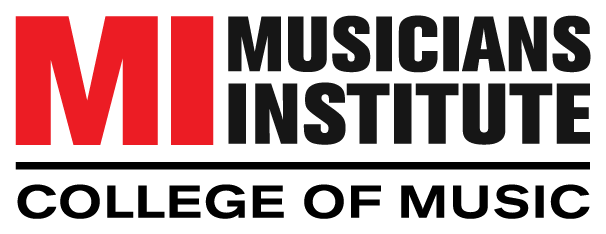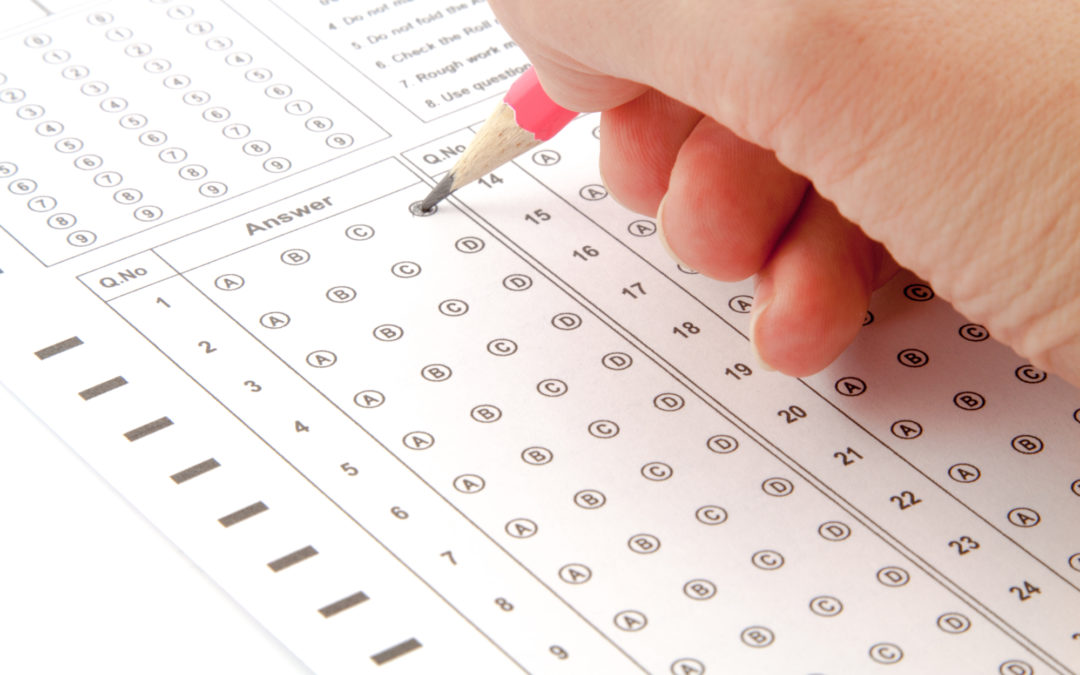A new report released by American College Testing (ACT) suggests that some recent changes to admissions policies may become permanent, but that SAT and ACT scores are unlikely to be scrapped altogether.
Criticism of standardized testing
Before 2020, criticism of the efficacy of standard college and university entrance tests, such as SAT and ACT, was growing. Critics argued that the tests were poor indicators of student aptitude and instead only favored students who were good at taking tests. Other students who could afford to take “test-prep” tutoring performed better in the standardized tests.
In addition, advocates believed that standardized tests discriminated against minorities and students from low-income families. In one case, an advocate coalition sued the University of California for using standardized testing as an admission criterion.
Changes already underway
Before the COVID pandemic hit the US, many colleges had already adopted a test-optional policy, where students could elect to submit standardized test results with their applications.

Blog Post
"*" indicates required fields
By submitting this form, I authorize Musicians Institute (MI) to make or allow the placement of calls, emails, and texts to me at the phone number that I have provided, including through the use of automated technology, or a prerecorded or artificial voice. I understand that I am not required to provide my phone number as a condition of purchasing any property, goods, or services. I agree to the terms of MI’s Privacy Policy. MI will not sell or rent your information to third parties, and you may unsubscribe at any time.
Between 2014 and 2019, nearly 1000 colleges and universities changed their admissions policy to “test-optional.”
The ACT survey found that colleges and universities that had adopted a test-optional policy before COVID were “highly unlikely” to change their admissions policy in the future.
A small number of colleges scrapped the requirement for standardized tests and had adopted a “test-blind” admissions policy.
The 2020-21 admissions cycle is severely disrupted
As awareness of the potentially life-threatening dangers from COVID grew, SAT and ACT tests were postponed and, in some cases, canceled. The College Board implemented weekend testing centers, which suffered interruptions and sudden cancellations due to health concerns amid high demand.
In response, some colleges relaxed admission deadlines, cut application fees, and temporarily waived the entrance exam requirement.
The ACT survey estimates that approximately 300 institutions transitioned to “COVID-driven” test-optional admissions during 2020.
In some cases, relaxing the admissions requirements resulted in a surge of applications. MIT reported a 66% increase in applications in 2021 compared to 2020.
Long-term changes
Some of the institutions that transitioned to test-optional during 2020 may return to test-required in the future. The ACT says that these admissions policy decisions will be driven by non-COVID factors, including the institution’s ability to attract and retain students.
Standardized testing is unlikely to go away
One of the ACT survey findings was that colleges and universities use scores from standardized tests for a range of purposes, including admissions. For example, many colleges and universities use SAT and ACT scores to calculate financial aid and scholarships.
Survey respondents indicated standardized test results supported the following activities:
- Merit scholarship calculations
- Sourcing and recruiting students
- Admissions decisions
- Major/ program or class placements
- Financial aid calculations
- Student tutoring
- Student success supports
Most colleges and universities will not adopt a test-blind admissions policy
The ACT survey summary says that while many institutions have switched from test-required to test-optional, it is unlikely that a test-blind admissions policy will be adopted “at a significant rate.”
Looking forward
ACT estimates that by 2027 the college and university admissions policy landscape will be:
| 5-10% | Test-blind |
| 60-70% | Test-optional |
| 20-30% | Test-required |
Future challenges
It is worth noting that most surveyed colleges and universities see long-term sustainability challenges beyond COVID.
Only 10% of the institutions surveyed ranked “the ability to evaluate students for admissions as a key area of concern for the future.”
Colleges and universities face the following additional challenges:
- Sourcing students
- Marketing to applicants
- Converting to matriculants (“yielding”)
- Retaining students long-term
Student opportunities
There’s no doubt that competition is fierce for places in many selective colleges and universities. On the other hand, the ATC survey reveals that many institutions face significant challenges attracting and retaining students.
This is an opportunity for dedicated and determined students who can demonstrate to admissions staff and faculty that they understand the challenges that institutions face and are willing to commit to a degree qualification for the long term.

